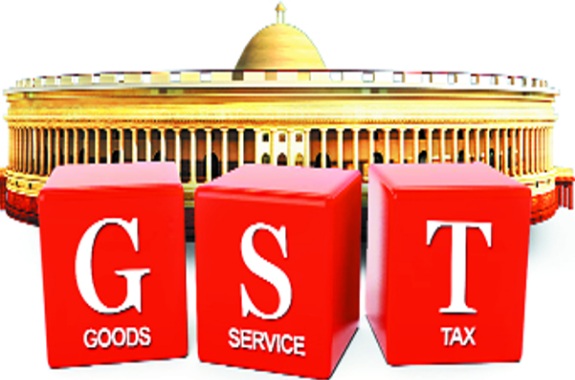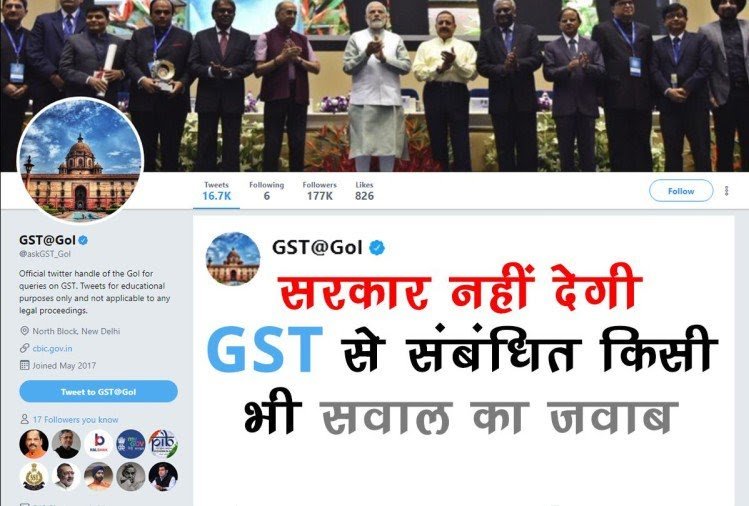Missed the income tax return filing deadline? Here’s what you can do
By Devansh Sharma, ET Online | Updated: Sep 01, 2018, 12.00 PM
You can file belated return for FY2017-18 by March 31, 2019, i.e., before the end of the current AY.
If you have missed the extended income tax return (ITR) filing deadline as well, there’s still a chance for you to file your return. However, there are certain points you need to understand before you avail this last chance. An ITR filed after the due date is referred to as ‘Belated Return’. Following the amendments in Finance Act, 2017, filing a belated return can cost you dear, i.e., you will have to pay a penalty from this year. Below is your primer on filing belated tax returns:
What is a belated income tax return?
If an individual fails to file their ITR by the due date, then as per section 139(4) of the income tax Act, he can file a belated return.
What is the deadline to file belated ITR?
A belated return can be filed at any time before the end of the relevant assessment year or before completion of assessment, whichever is earlier. If you are filing a belated return for FY16-17, then you need to fill the applicable ITRs as notified for this FY, and not for any previous or later FY. The relevant assessment year for a financial year is the immediately succeeding financial year.
This means that you can file belated return for FY2017-18 by March 31, 2019, i.e., before the end of the current assessment year (AY2018-19).
Can you revise belated tax returns?
Yes, ITR for FY 2016-17 and onward filed under section 139(4), which is applicable for belated tax returns, can be revised. However, belated returns filed for previous financial years cannot be revised because the income tax law for this was changed from FY 2016-17.
Amarpal Chadha, Tax Partner & India Mobility Leader, EY explains, “With effect from the financial year 2016-17, a belated return can be revised. For the financial year 2017-18, a belated return can be revised either before the end of the assessment year, i.e., end of the following financial year (August 31, 2019) or before the completion of assessment of the tax return by the tax authorities, whichever is earlier.”
What do I stand to lose if I file belated returns?
You will have to pay a penalty and you will also stand to lose certain benefits for not adhering to the income tax filing deadline. Here are the disadvantages of filing a belated return:
Penalty
Until the last AY, there was no penalty for filing belated income tax returns. However, this penalty is applicable from AY 2018-19, i.e., for FY2017-18. A new section, 234F, was inserted by the government in the Income Tax Act. As per this section, an individual would have to pay a fee of up to Rs 10,000 for filing ITR after the due dates specified in section 139(1) of the Act.
According to the amendments made in the Budget 2017, taxpayers are liable to pay a penalty of Rs 5,000, if their tax return for the financial year 2017-18 is filed after the return filing deadline (i.e., August 31, 2018) but before December 31, 2018. The penalty would increase to Rs 10,000, if the ITR is filed on or after January 1, 2019. However, if the total income of the taxpayer is less than Rs 5 lakh, the penalty amount will not exceed Rs 1,000.
Cannot carry forward loss
If you file a belated return you cannot carry forward losses (except loss from house property). Losses under the following heads of income: Income from business and profession including speculation business, capital gains, and income from other sources, cannot be carried forward in case a belated return is filed by the tax payer. The return filer will not be allowed to carry forward these losses even if all taxes have been paid in time if the return is belated.
Levy of interest under section 234A
It is important to note that if you have any unpaid tax liability then penal interest on the same would be leviable, as applicable to your case, in case you have filed a belated return.
But if no tax is payable, the taxpayer won’t be liable to pay this interest solely due to the belated filing of ITR for FY17-18.
If the income tax department, upon assessing your return, raises demand for additional tax payment then you would have to pay penal interest on that tax as well as the additional tax. Therefore, it is recommended to file your return on time.










